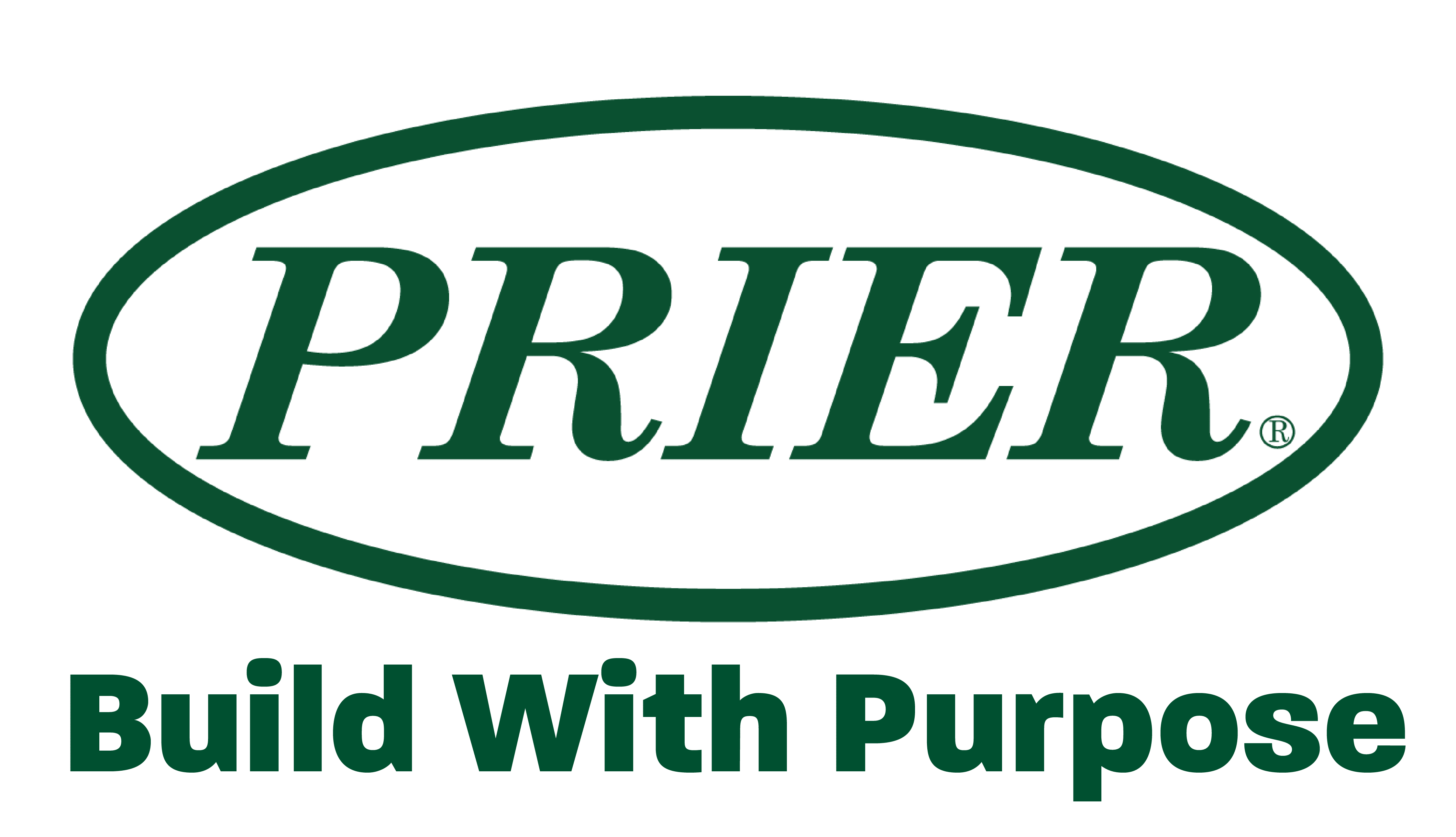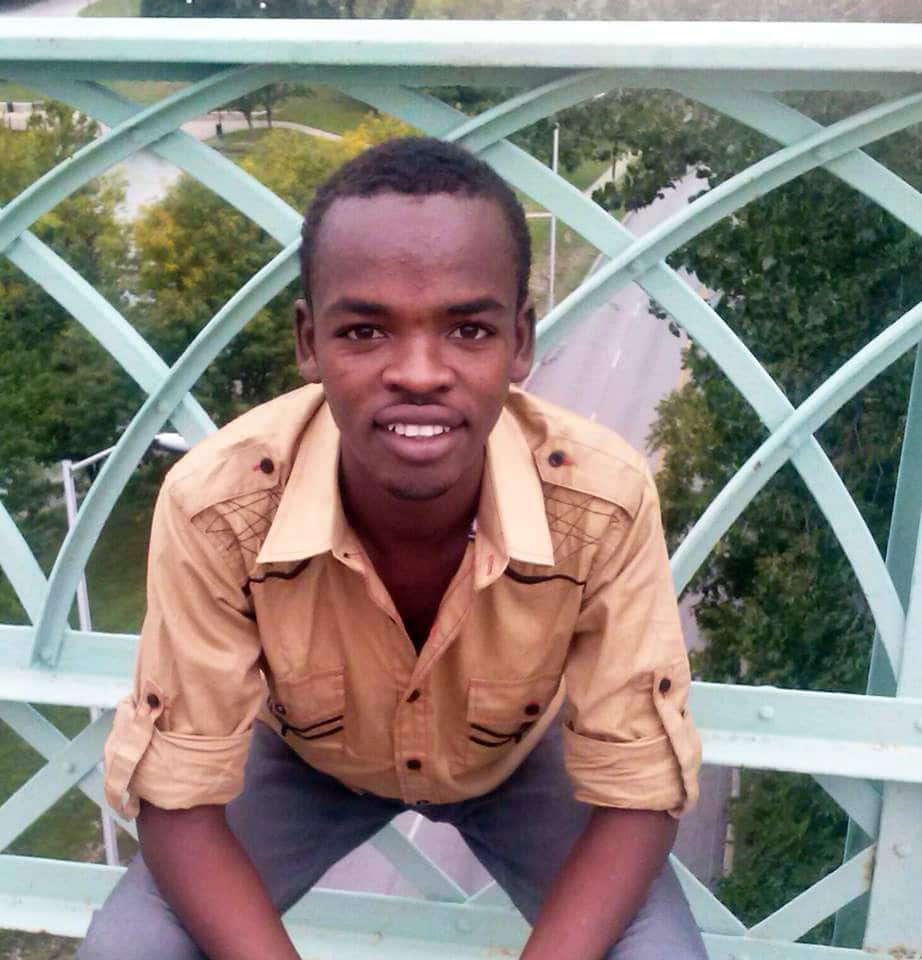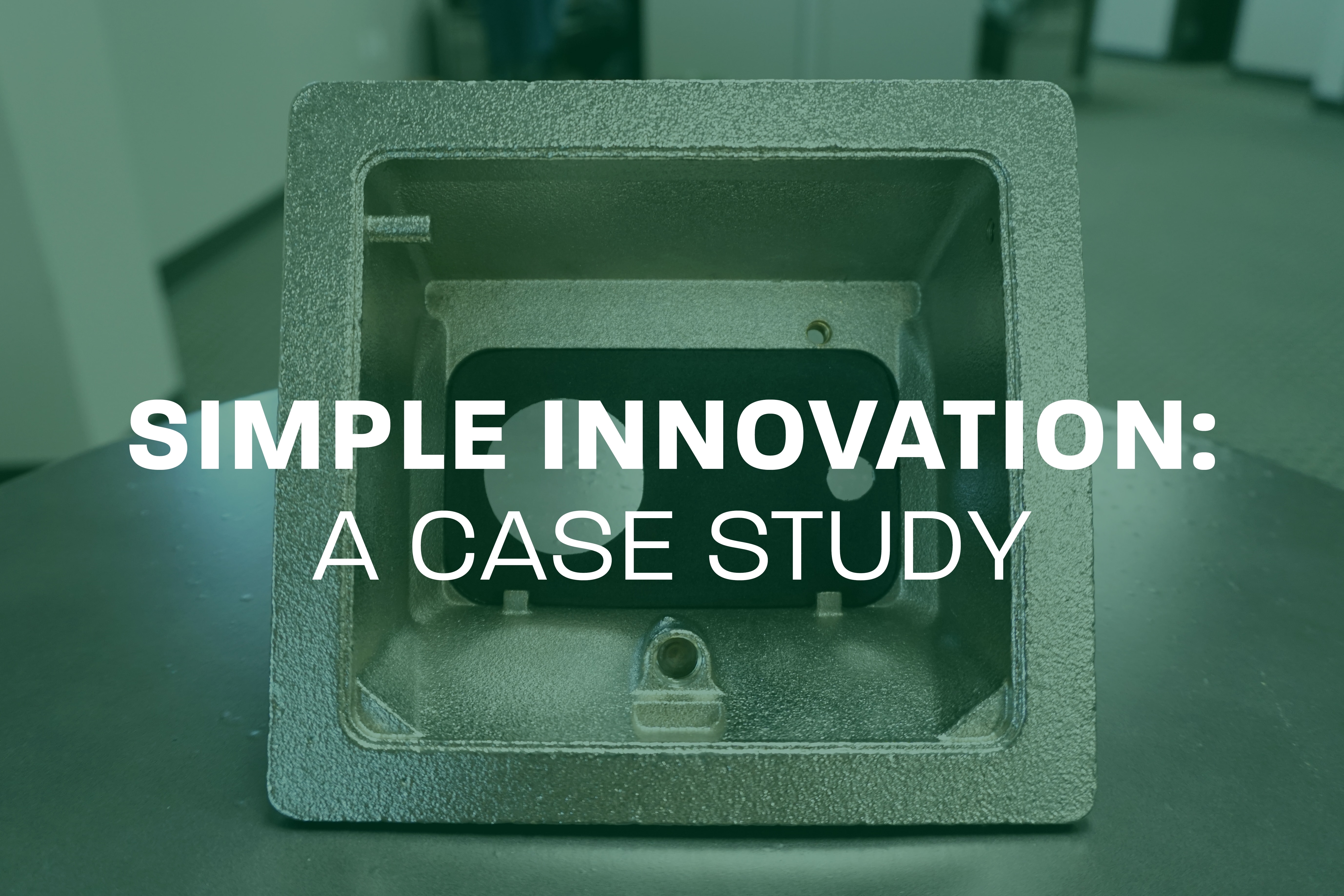He enrolls at the school within the refugee camp and proposes a new business venture. He convinces his grandfather to loan him $5 to buy napkins, then resells them to overheated travelers at the bus station, desperately needing to absorb the sweat on their faces.
Within two days, Souleyman is able to repay his grandfather and makes a profit of $3. He continues his napkin operation in the hours after school, and to keep up with his studies, he enlists the help of his grandmother. She sits watch at the table during the day, and even expands their inventory to candy and matches. After school, he takes over, studying in between the short moments of helping customers.
“I was able to help myself, my brother and my grandparents. I opened a business, but we all benefited from it.”
At age 9, Souleyman is going to school and supporting his family. Well, part of his family. It had been three years since he last saw his parents and sisters. He couldn’t stop thinking about them.
He knew that in the city he could pay for minutes on the phone service, so through some research he was able to connect to a line at the refugee camp in Chad.
And then a miracle happened. He finds out his parents are alive! They are located and both get on the line.
“It was unbelievable. I wasted the first five minutes of the call because I couldn’t even talk.”
Overcome with emotion, Souleyman struggled to tell his parents how much he loved them, missed them, and desperately needed them. He was a young boy, but had taken on the responsibilities of most adults, and for a moment he was the child again.
It should come as no surprise to anyone now that when faced with a problem, Souleyman will persevere. Fueled by his recent success connecting with his parents, he spends every spare minute contemplating a way to reunite his family.
About two months later he decides he will move to the refugee camp in Chad. With the help of his grandparents, they devise the perfect plan, but it was not as simple as packing a bag and buying a bus ticket. Traveling across Sudan was a dangerous feat. Any person that did not look Arab could be shot and killed on sight by the Janjaweed.
To increase his chances of survival, he will need a disguise. His grandmother makes him an outfit with the likeness of Arab clothing they had grown accustomed to seeing, scarf and all. His grandfather orders him to wear it at all costs while traveling to the border, and to ensure that he keeps his disguise, his aunt accompanies him.
The next problem is the drive. The journey to Chad is three days, non-stop, through the Marrah mountains. With three drivers taking shifts, they only stop for gas or to let the engine cool down.
As they were driving on a rough, mountain road, the bus begins to take fire from the Janjaweed. The driver accelerates, almost tipping over at each turn, but the driver is determined to get his passengers to safety.
“No one expected to live…” Souleyman explains.
The disbelief on Souleyman’s face, even now as he tells me this story, helps me understand the magnitude of his good fortune that day. Yet again, he escapes the fate of so many other refugees who had attempted the same bus ride.
Now seemingly safe across the border, Souleyman and his aunt are tasked with finding his parents. With only some written notes taken during his conversation with his parents, they navigate themselves according to landmarks and spoken directions.
They slowly work their way through a settlement lined with modestly sheltered homes, hoping to see someone familiar. They spot some children playing under a big tree and decide to ask them if they knew his family.
Immediately Souleyman’s memory rushes back to him when he sees a little girl with a striking resemblance to the baby sister he once knew years ago.
“That is my sister!” he exclaims to his aunt.
“No…how do you know that’s your sister?”
“I know it’s her!”
Through the window of the taxi, Souleyman caught a glimpse of the hope he had been holding on to. There was no doubt in his mind that his search was over.
Dubious of her nephew, she exits the taxi to ask the young girl her name.
“My name is Ikhlas,” she answers.
“Is it really?!” To her surprise, Souleyman’s instincts were spot on.
What happens next is very difficult for Souleyman to describe. He is full of emotion and almost speechless when I ask him how it felt to see their faces after all those years.
“I never expected to be with my family again, at all…but that phone call had given me hope.”
With everyone reunited, Souleyman is the happiest he’s ever been. The burden of navigating life without his parents was finally lifted.
That precious relief, however, was short-lived. His perseverance would be challenged again, and his darkest days were still yet to come.
——————————————————-
The final installment of this series takes us into the mind of a boy who once was strong, but finds himself near defeat.
Catch up on the stories you’ve missed: More Than A Refugee: An Introduction, More Than A Refugee: Zaki’s Story, More Than A Refugee: Souleyman’s Story Part I


